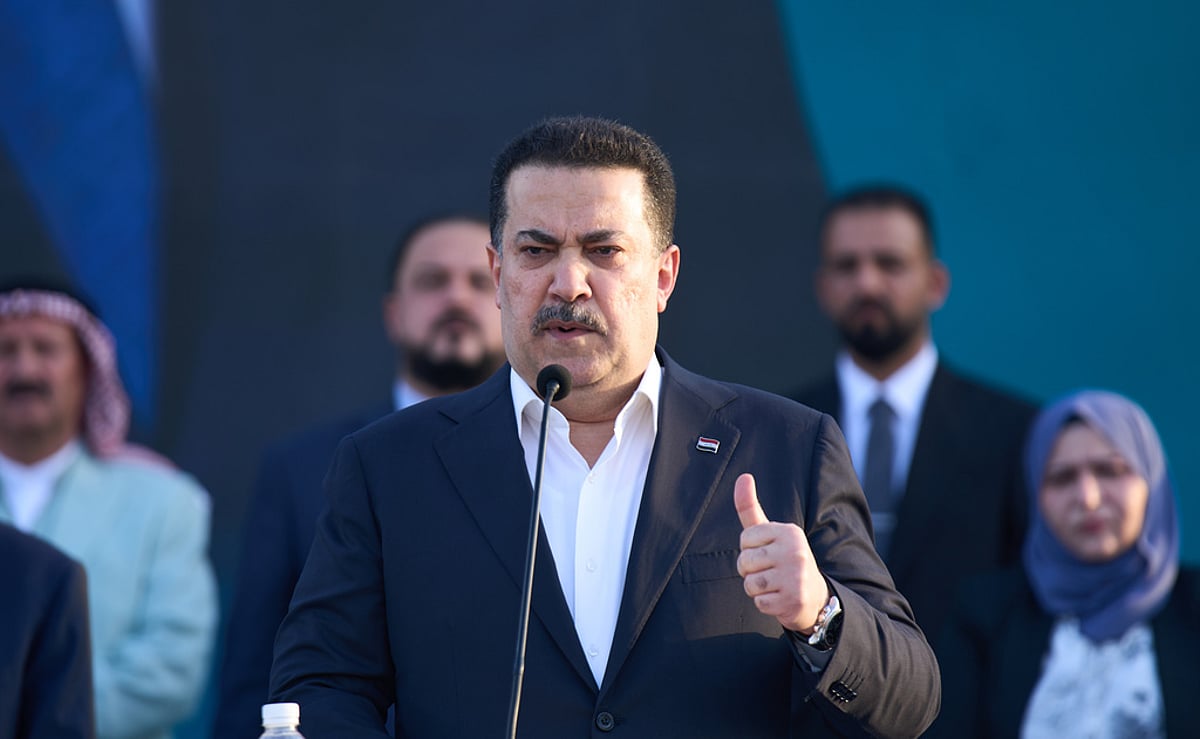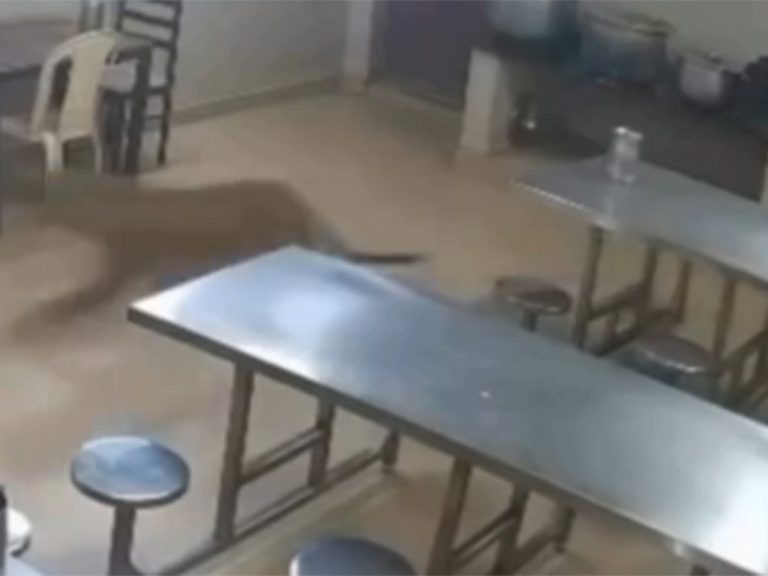Iraq Keeps US Military Advisers Amid Daesh Threats
Iraq’s Prime Minister Mohammed Shia Al Sudani announced on Monday that a small group of US military advisers will remain in the country to assist in operations against the Daesh (Islamic State) group in neighboring Syria. This decision comes as both Washington and Baghdad had previously agreed to reduce the presence of US forces in Iraq by September.
US Military Presence in Iraq
Currently, US military advisers and support personnel are stationed at the Ain Al Asad air base in western Iraq and the Al Harir air base in the north. Al Sudani indicated that while the original plan called for a complete withdrawal from Ain Al Asad by September, recent developments in Syria necessitated the retention of a small unit of approximately 250 to 350 advisers. Their primary role will be to enhance counter-Daesh surveillance and coordinate efforts with the Al-Tanf base in Syria.
Concerns Over Daesh Resurgence
The backdrop to this decision includes fears of a potential resurgence of Daesh, particularly following the fall of former Syrian President Bashar Assad. The security vacuum created by this political upheaval has raised alarms in Iraq about the possibility of Daesh exploiting abandoned military resources. However, Al Sudani reassured that the extremist group no longer poses a significant threat within Iraq’s borders.
Balancing Regional Relations
Iraq’s government is navigating a complex relationship with both the United States and Iran, aiming to avoid becoming embroiled in regional conflicts. Al Sudani emphasized Iraq’s priority in maintaining its sovereignty, stating, “We put Iraq first, and we do not wish to act as a proxy for anyone.” He also called for renewed negotiations between the US and Iran, criticizing the previous administration’s “maximum pressure” strategy as ineffective.
Tensions with Iran-Backed Militias
The presence of Iran-backed militias, particularly the Popular Mobilisation Forces (PMF), has been a point of contention between Baghdad and Washington. Although the PMF was integrated into the Iraqi military in 2016, it continues to operate with considerable autonomy. Al Sudani’s government is considering legislation to formalize the relationship between the military and the PMF, a move that has drawn criticism from the US.
While he did not directly address the proposed legislation, Al Sudani reiterated his administration’s commitment to disarmament and national dialogue, encouraging armed factions to either integrate into state institutions or participate in political processes.
Upcoming Parliamentary Elections
As Iraq prepares for parliamentary elections next month, the political landscape remains dynamic. Al Sudani stated that armed factions that have transitioned into political entities have the constitutional right to participate in the elections. This upcoming vote will be crucial in determining whether he secures a second term as prime minister.
FAQs
Why are US military advisers staying in Iraq?
A small contingent of US military advisers will remain in Iraq to support operations against Daesh in Syria, particularly for surveillance and coordination efforts.
What is the current status of Daesh in Iraq?
According to Prime Minister Al Sudani, Daesh no longer poses a significant threat within Iraq, although concerns persist regarding its potential resurgence due to instability in Syria.
How is Iraq managing its relations with Iran?
Iraq is striving to maintain a balanced relationship with both the US and Iran, emphasizing its sovereignty and the importance of direct dialogue with Iran to address regional issues.
Conclusion
Iraq’s decision to retain a small number of US military advisers reflects ongoing concerns about Daesh’s activities in Syria and the need for regional stability. As the country approaches parliamentary elections, the government aims to navigate complex relationships with both the US and Iran while addressing internal security challenges.
The ongoing presence of US military advisers in Iraq highlights the strategic importance of the region in the fight against terrorism. The collaboration between Iraqi forces and US advisers aims to bolster intelligence-sharing and operational effectiveness against Daesh, which remains a concern despite the group’s diminished territorial control.
As Iraq approaches its parliamentary elections, the political dynamics may influence the government’s security policies and its approach to foreign relations. The outcome of these elections could also impact the future of US-Iraq cooperation and the role of Iran-backed militias within the Iraqi political landscape, as various factions vie for influence and power.
Also Read:
Tensions Escalate in Gaza Amid Ceasefire Violations







